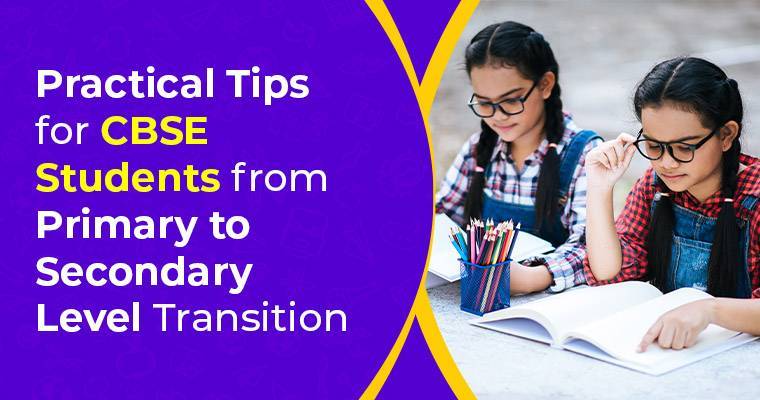
Transitioning from primary to secondary school is a significant step for CBSE students. This period marks a new chapter where students encounter more complex subjects and increased responsibilities. It’s essential to prepare effectively to navigate this change smoothly.
Let us offer some practical tips to help students from Ludhiana schools and beyond make this transition confidently. Let’s explore some strategies to ease into secondary school life.
Moving from primary to secondary school often means encountering a new academic structure. Subjects become more diverse, and the complexity increases. For instance, students will now study separate sciences instead of general science. English and Mathematics also become more detailed.
Understanding this new structure helps students feel more confident as they step into secondary school.
As students transition, they will find that effective time management becomes crucial. With more subjects and increased homework, managing time efficiently is essential.
Good time management skills help students in many ways. It helps them in academics and also prepares students for future responsibilities.
Develop study habits to make the transition smoother. Set aside regular study times and create a conducive study environment.
Effective study habits contribute to better understanding and long-term academic success.
The transition to secondary school isn’t just academic; it also involves social changes. Students meet new peers, and the social dynamics can be different.
A healthy social life contributes to overall well-being and can make the school experience more enjoyable.
While academics are important, participating in extracurricular activities is equally beneficial. These activities help in overall development and provide a break from academic pressure.
Trying to balance academics with extracurricular activities. It promotes a well-rounded education, which is necessary for personal growth.
Parental involvement helps in a smooth transition. Encouragement and support from parents can boost a child’s confidence and motivation.
Parental involvement not only supports academic success but also helps in the emotional and social development of the child.
The transition from primary to secondary school is an important moment in a student’s educational journey. Gitanjali International School (GIS) is one of the best CBSE schools in Gurgaon. We offer a world-class learning environment that allows students to thrive during such transition periods. The right guidance and preparation ensure that students build a strong foundation for their future academic and personal growth. We ensure that every student achieves their full potential.



For more information, please contact us. Our friendly staff will be happy to assist you. We look forward to welcoming your child to Gitanjali International School.
Gitanjali International School is among the list of best schools in Ludhiana. We are committed to providing quality education. Our world-class infrastructure and expert faculty ensure your child’s success. Join GIS, one of the leading CBSE affiliated schools in Ludhiana, and give your child the best education.
GIS stands tall in the list of schools in Ludhiana. We are proud to be recognized as Ludhiana’s best school. Choose GIS for a bright and successful future for your child. Visit us today and experience the difference.